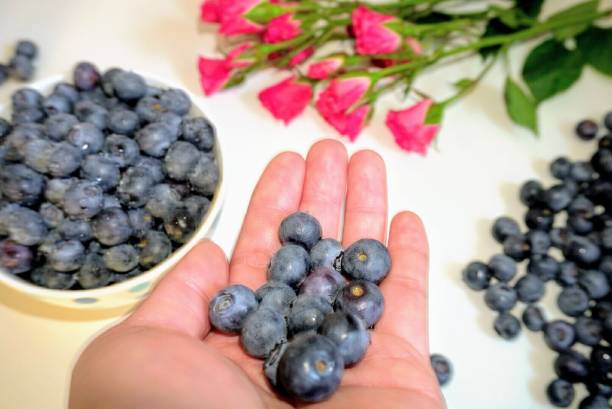The berry is a Germanic invention. Spanish and French do not group the diverse berry family but instead have different words for blackberries and strawberries.
What is the origin of the word berry?
The term berry is derived from Old English bere, which meant “grape.” As English spread throughout the Americas, native grape-shaped fruit that grew in clusters acquired the suffix berry: Blueberry, cranberry, and elderberry. The berries are a group of small and delicious fruits that were accidentally grouped in a linguistic mistake. However, the berries are actually dozens of biologically different plants and fruits.
Even cucumbers and tomatoes are technically berries! Even tomatoes can be considered berries. Blueberries (Latin: Ericaceae) are closer to Rhododendrons than to raspberries.
Are strawberries actually berries?
Botanists call them accessory fruits because they are not flowers. Blackberries Rubus are two other examples. The aggregate fruit is so named because the flowers are divided into small drupelets rather than one large fruit. Drupelet refers to the small pieces of blackberries or raspberries. Bramble fruits are also known as Rubus fruit because they grow on spikey bushes.
What is the difference between a grape and a berry?
By the way, grapes are actually berries. Where did the grape word come from? Old English called grapes wineries, which means “wine berry.” grape is derived from the Old French grapes and the word trapped. The tool was renamed the fruit by the 1300s. What other food words have evolved in strange ways? The origins of the egg and the “hot dog” will make you cringe.
The erroneous grouping of “berries,” which is a linguistic mistake, has led to some delicious treats, like mixed berry-flavored ice cream. This may confuse botanists as well as non-Germanic speakers.


